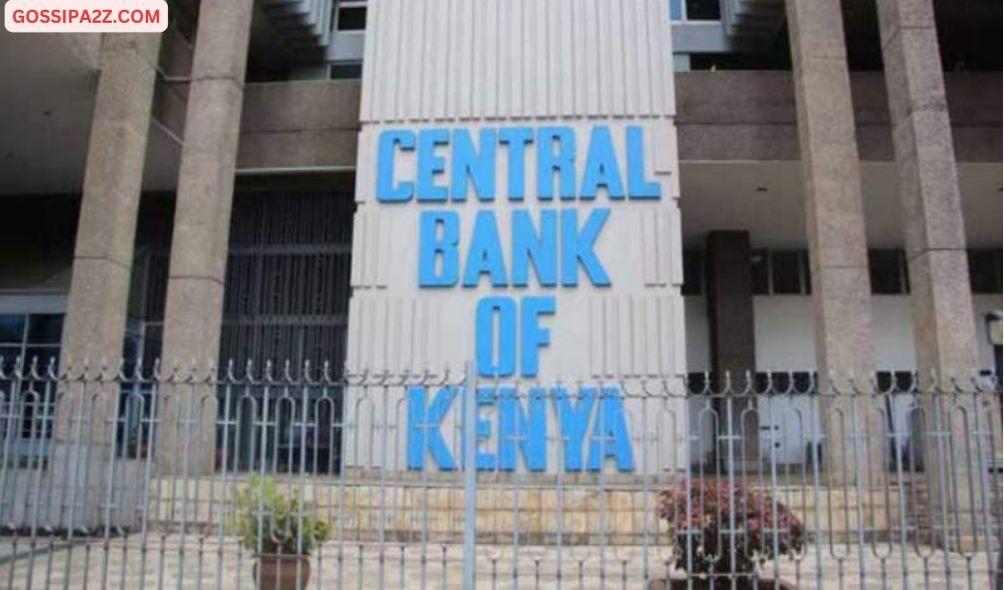Central Bank Rushes to Snatch Up Dumped Dollars from NSE Traders
The Central Bank of Kenya (CBK) intervened by buying US dollars as Kenyans started exchanging them for shilling, which has experienced a significant surge in the past 12 days.
According to a Thursday report from Reuters, the Central Bank of Kenya (CBK) acquired dollars to mitigate potential volatility stemming from the abrupt increase.
As per the latest information, there was a 3% decline in the shilling, falling from Ksh150 on Wednesday to a range of Ksh145.00 to Ksh146.00. There were substantial bids that could potentially have driven the trading value down to Ksh139.
“The Central Bank showed up to buy, so I think they don’t want too much volatility,” a trader told the outlet.
“If they hadn’t come in we would probably be looking at levels of maybe 130 because everybody knows offshore inflows are coming.”
On Thursday morning, global media sources stated that Kenyan investors were engaged in the active selling of their dollars, anticipating a shortage of the U.S. currency. This trend emerged following the government’s decision to repurchase Ksh316 billion (USD2 billion).
Before, Chris Kiptoo, the Principal Secretary of the Treasury, cautioned people stockpiling dollars that they could incur losses due to the strengthening trend of the local currency.
ALSO READ:
- USA Offers Teaching Jobs for Kenyans to Teach Kiswahili – Apply by May 16
- Make April your winning month with AfroPari!
- Why Money Collected From Tourists Was Banked in Swiss Accounts – Gov’t
- Hanna Cheptumo Says Her Family Is Worth Ksh.420 Million During Cabinet Vetting
- Ruto’s Gender CS Pick Blames Femicide on ‘Greedy Women Chasing Money’ — Claims Education and Independence Could Stop the Killings
“I want to encourage Kenyans that the risk of failure to settle for the Eurobond is gone. Sell your dollars and get back to business. Don’t do any speculation anymore,” Kiptoo advised.
“The issue has been addressed. There is now confidence and you can tell the shilling is beginning to improve. As of this morning, I was told it was trading at 151 units and yesterday it was at 157, and previously it was at 160 and that is very good news.”
David Ndii, the economic adviser to President William Ruto, concurred with the observation, pointing out that some people had attempted to stockpile dollars, speculating that the government might have faced a potential default on its previous Eurobond.
“Markets have opened. Eurobond default risk has evaporated. Speculative dollar positions unwinding. That popping sound you hear is Azimio bubble bursting,” stated Ndii.
The newly issued Eurobond valued at Ksh234 billion (equivalent to USD1.5 billion) has garnered over USD6 billion in bids, bolstering investors’ trust in Kenya’s economic and debt management approaches.
Speculations were rife that the Eurobond is expected to help pay for the maturing one.
Central Bank Rushes to Snatch Up Dumped Dollars from NSE Traders
